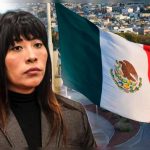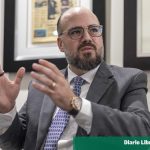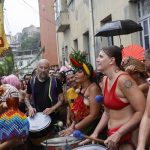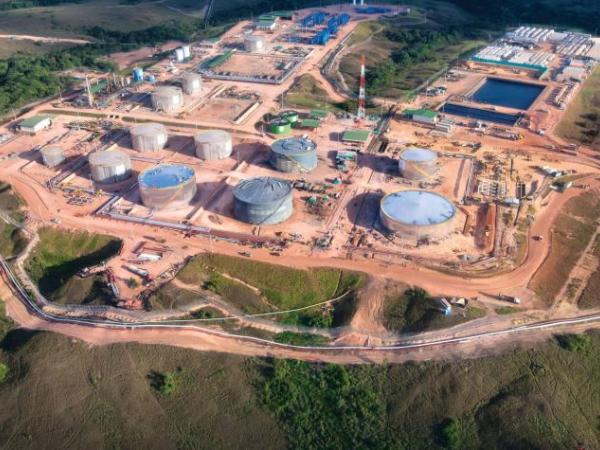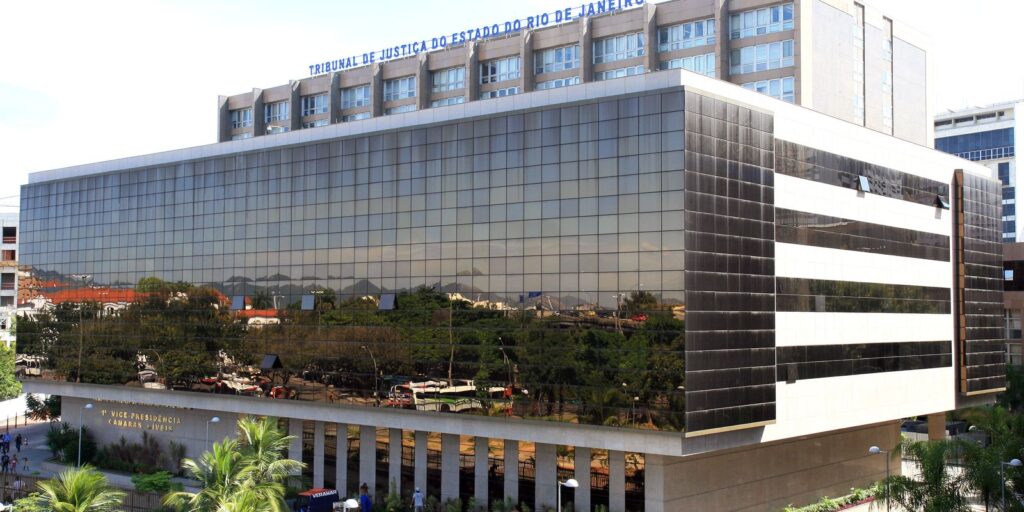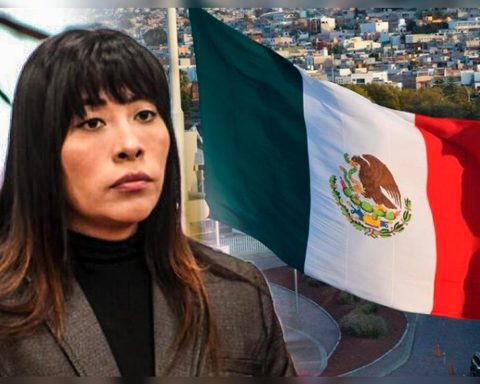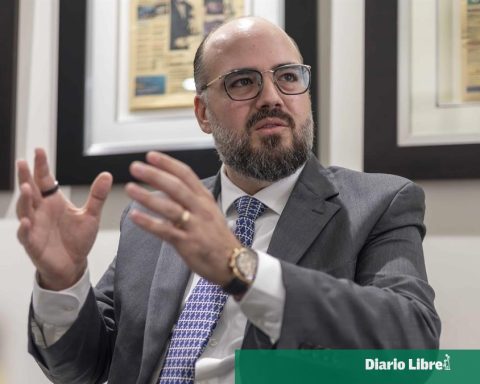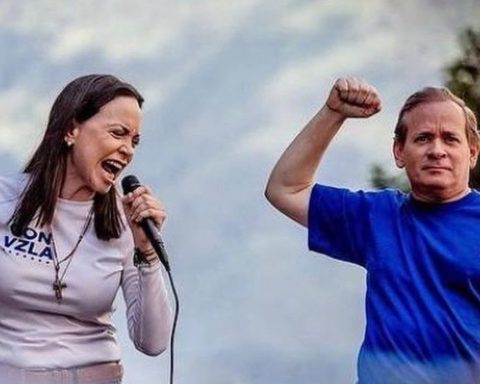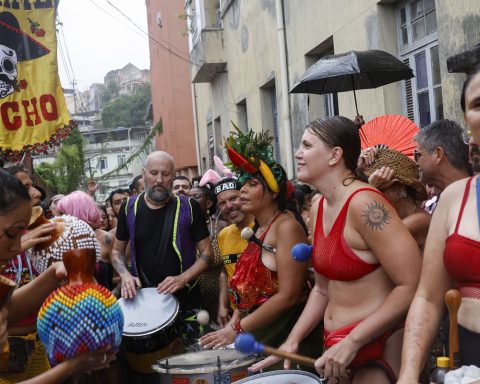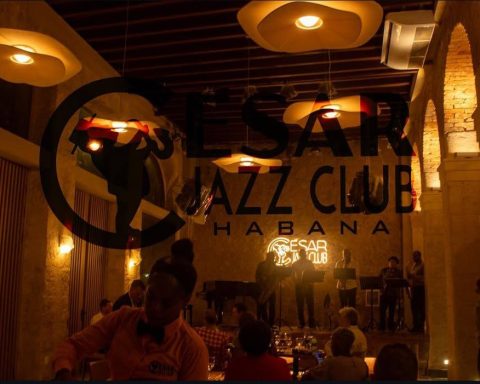Next January, the General Council of the UDI will ratify its new board of directors, which will eventually be headed by Senator Javier Macaya, who seeks to be re-elected as helmsman of the right-wing party for a period of two years. Without a contending option, the list led by the parliamentarian maintains a structure similar to that of the current board, with María José Hoffmann as general secretary, but which seeks to expand the support network within the trade unions, incorporating names such as the former Minister of the Interior Rodrigo Delgado in the vice presidency, the ex-conventional Constanza Hube as deputy secretary, and the ex-minister Isabel Plá in the International Relations department. The list also includes Domingo Arteaga as vice presidents; the former undersecretary Máximo Pavez; the mayoress of Las Condes, Daniela Peñaloza; and the deputy Flor Weisse.
Although within the UDI there are critical voices regarding the registration of this unitary list, from its board they bet on the incorporation of Delgado as a strategy to legitimize and diversify the space for political decision. This, understanding that the former mayor of Estación Central was even close to competing with him on a dissidence list in the fight for a front that has been the subject of partisan questions, especially because of Macaya’s role in favor of quickly concluding an agreement with the ruling party for a new Constitution. Some, even within their militancy base, point to the senator for the O’Higgins Region, together with the other leaders of the Chile Vamos parties, as those most responsible for losing the historic opportunity to better capitalize on the victory of Rejection in the exit plebiscite.
Precisely, the president of the UDI himself recognizes that the main challenge of the board of directors that he heads is to reconquer the territorial bases, betting heavily on a deployment that allows the community to obtain optimal results in the next municipal elections of 2024, since they assume that there are voices in the street, of their militants, who have a critical vision regarding the role of the store in favor of the continuity of the constituent process. In this sense, Macaya is clear that, beyond his vocation to create agreements with other sectors, the position he occupies is the same one that was created by the former senator and emblematic collaborator of the military dictatorship, Jaime Guzmán, and for this reason, he must be faithful to a political tradition that does not become extinct in the heat of contingency.
In this regard, Javier Macaya, in conversation with The Counter in La Clave, stated that “the territorial base continues to be the cornerstone of the political project of the UDI. That is why our main challenge in the medium term has to do with the municipal elections in 2024, so the territorial deployment that is made in that This matter is going to be very important for us. In addition, and understanding that municipal elections generally imply in some way a premonition of what will happen in the next presidential election, that is why I think that is where people begin to win the option to return to be Government”.
In this challenge, that of recovering the territorial base and convincing its militants to believe again in a political project that has gone astray in recent months, in the context of a fragmented opposition and with few instances of coordination, is that the board of directors headed por Macaya appeals to the incorporation of young leaders such as Rodrigo Delgado or Constanza Hube, in the face of the sporadic irruption of voices of historical trade unionists, some of them silenced in the midst of the strategy deployed by the Rejection campaign, and others simply forgotten, in the midst of judicial processes, like Pablo Longueira himself, who recently winked in support of Amarillos for Chile.
In this regard, one of the voices openly critical of the management of the current board of directors was that of the former senator and former Minister of the Interior, Víctor Pérez. This –in a recent interview with The second– was in favor of promoting unity within the community, but noted that “I am concerned that the UDI is truly up to the events in constitutional matters and the real problems of the people”
However, it is from Piñerismo where an evident act of support is being drawn up that could provide revenue to the current board of directors, and which was exposed in the recent appearance of the former Minister of the Interior and confidant of former President Piñera, Andrés Chadwick. It was last October, in the context of his participation in a talk at the San Sebastián University, in which he shared precisely with Senator Macaya, with whom he maintains a fluid relationship, and even within trade unions there are many who consider him their mentor. politician, since Chadwick was one of the promoters of the current UDI helmsman when he entered the National Congress, after he offered him a seat for his candidacy for deputy in 2009.
In relation to the amount of support and the representativeness of his leadership within the community, Macaya added that “finally the parties are measured by results and by the ability to influence relevant public debates, and I believe that the UDI in In this sense there is an internal consensus that here is a board that has managed to represent the different sensibilities within the party”.
Finally, and regarding the current electoral context, which has no competition as a unitary list, the senator and president of the UDI said that “unlike what happened two years ago, where we had an electoral competition, today It supposes a greater responsibility for this second period, and for this reason an effort has been made to summon different generations, to different views that exist in the party, to leaders of regions, to a cast of women with enormous leadership (…) There is a challenge ahead of us to continue working to reconnect with millions of Chileans, understanding that we have a vocation for the majority, and that means being a better party, having better practices, in a country that has evidently distrusted political parties in recent years “, he added.
Constituent process: the most relevant discussion?
The UDI, and the same RN and Evópoli –his fellow travelers in the right-wing political project known as Chile Vamos–, assumed the commitment to reject the proposal of the Constitutional Convention prior to the exit plebiscite to guarantee the viability of a new process , as of September 4. Although the triumph of the Rejection allowed the opposition forces to assume a position of fragile empowerment, the sectors of the center understood the game better and came out to quickly extract revenue from a victory that, for many, was more citizen than belonging to a certain sector. . The right, prey to this commitment, has had to assume a role that, for a part of its militant base, is contradictory to the essence of its political project.
Javier Macaya has definitely been one of the most visible faces of those leaders of Chile Vamos who have assumed the responsibility of representing the interests of the right in a table made up of almost all the political parties with parliamentary representation, except the PDG and the Republican Party. In more than two months of discussion, the opposition and the ruling party have not been able to forge an agreement that would guarantee the, today in doubt, continuity of the process in favor of a new Constitution.
In this sense, the helmsman of unionism himself believes that the political system today is totally fragmented, assuming that “the right is, even more than the left”, to which he thinks that the answer is to restart the constitutional discussion, “because the political system, and particularly the electoral system, are making it impossible to govern Chile.”
But the truth is that the optimism of Senator Macaya – who seeks to promote unity within a party divided by the ghost of the 1980 Constitution and the emergence of a new Fundamental Charter – is contrasted by statements by parliamentarians from his own party , who warn about the problems in the viability of the constituent discussion. “Patience has a limit,” said deputy Guillermo Ramírez in this regard, adding that “the ruling party has to fix its problem that they do not agree and have not made any proposal regarding the mechanism (…). While the ruling party is not able to reach an agreement, we can wait a week, two months. We have nothing to do”.
For his part, Mauricio Morales, a political scientist and academic at the University of Talca, considers that “it makes no sense to hold internal elections in the UDI, given that Macaya has been skillful enough to incorporate most sectors of the party. It is recognized as a national leadership, and little by little it has been marking a more autonomous identity and somewhat distant from the old elite of the party: the colonels.On the other hand, it has given the UDI a certain modern air, presenting it as a party capable of adapting to moments of change, especially in constitutional matters.Lastly, Macaya has not had complexes in making differences with the Republicans, and it gives the impression that -even- he has prevented a massive flight of UDI militants towards that party, which is much more intense ideologically and defender of the principles of the Pinochet dictatorship”.
In this way, next January, the General Council of the UDI will make a decision regarding the single list registered to become the new board of directors. There, without a contender, Senator Macaya will bet on re-election to continue presiding over the right-wing group for two more years, assuming a leadership that for some has refreshed a very traditionalist spirit inside the store and that, for others, has shaken the very ideas of a sector that not too long ago was aligned behind the idea of maintaining the current Constitution. Betting on a territorial deployment that enables him to recover ground lost by the emerging right-wing parties such as the PDG or the Republican Party, Macaya begins to design his own strategy, within the framework of what he assumes as a total fragmentation of his sector, in the midst of of uncertainty about the governability of the country and a trapped constituent process.







